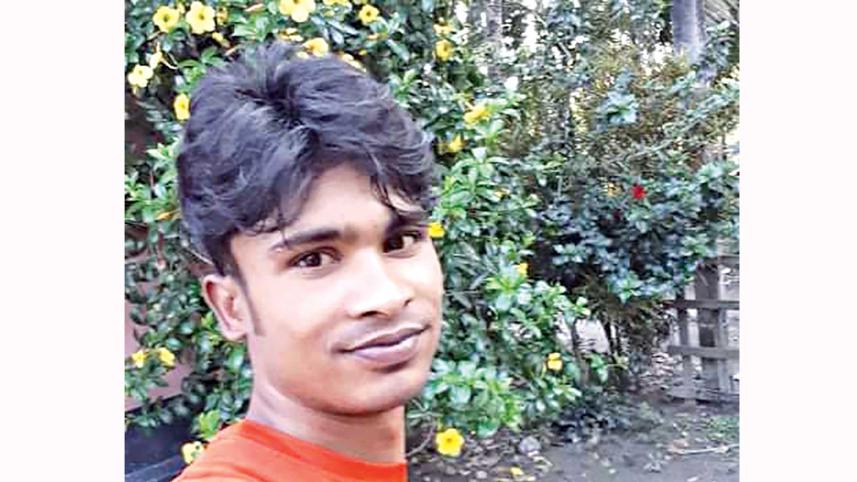State must give protection to Rabiul’s family

The shocking death of 26-year-old Rabiul Islam, after being beaten by a team of policemen in the Kazir Chawra area of Lalmonirhat on April 14, has once again brought to light the impunity with which members of our law enforcement agencies carry out their brutal acts on powerless people. According to our report, police detained Rabiul at a Baishakhi Mela, suspecting him of being a gambler (although the villagers said otherwise and his brother claimed that he went there to buy toys for his baby daughter). As he got into an altercation with the police, about five policemen beat him until he fell to the ground and lost consciousness. Rabiul was later declared dead when he was taken to the hospital. Even though after the incident his devastated family members demanded punishment for the policemen involved, the reality is that they did not dare to file a case against them, fearing that if they did so, they might be further harassed by the police.
Unfortunately, this is not an isolated incident where the family of a victim of police brutality could not muster the courage to file a case against the law enforcers. This has, in fact, become the norm now, because in the majority of such cases, the victims generally neither has the power and connections nor the financial ability to run the cases.
In Rabiul's case, his family members are already in a vulnerable state, losing the sole breadwinner of the family. As such, in his absence, how the family can afford to survive has become a major concern for them—let alone afford to run a case against the police. Under the circumstances, we believe there should be a judicial enquiry into the incident to reveal the truth, as Rabiul's family has also demanded. As the police has already formed a probe body to investigate the incident, we hope they will soon make their findings public and punish those involved. Simply withdrawing a sub-inspector from the police station is not punishment enough for brutally beating a person to death—regardless of whether he was a criminal or an innocent person.
The state must give protection to Rabiul's family from any and all sorts of harassment and intimidation. And it must also remember its duty to ensure that our law enforcers do not abuse the power given to them for the purpose of protecting the rights of the citizens—and to make sure that law enforcers do not use that power to violate those rights.



 For all latest news, follow The Daily Star's Google News channel.
For all latest news, follow The Daily Star's Google News channel.
Comments